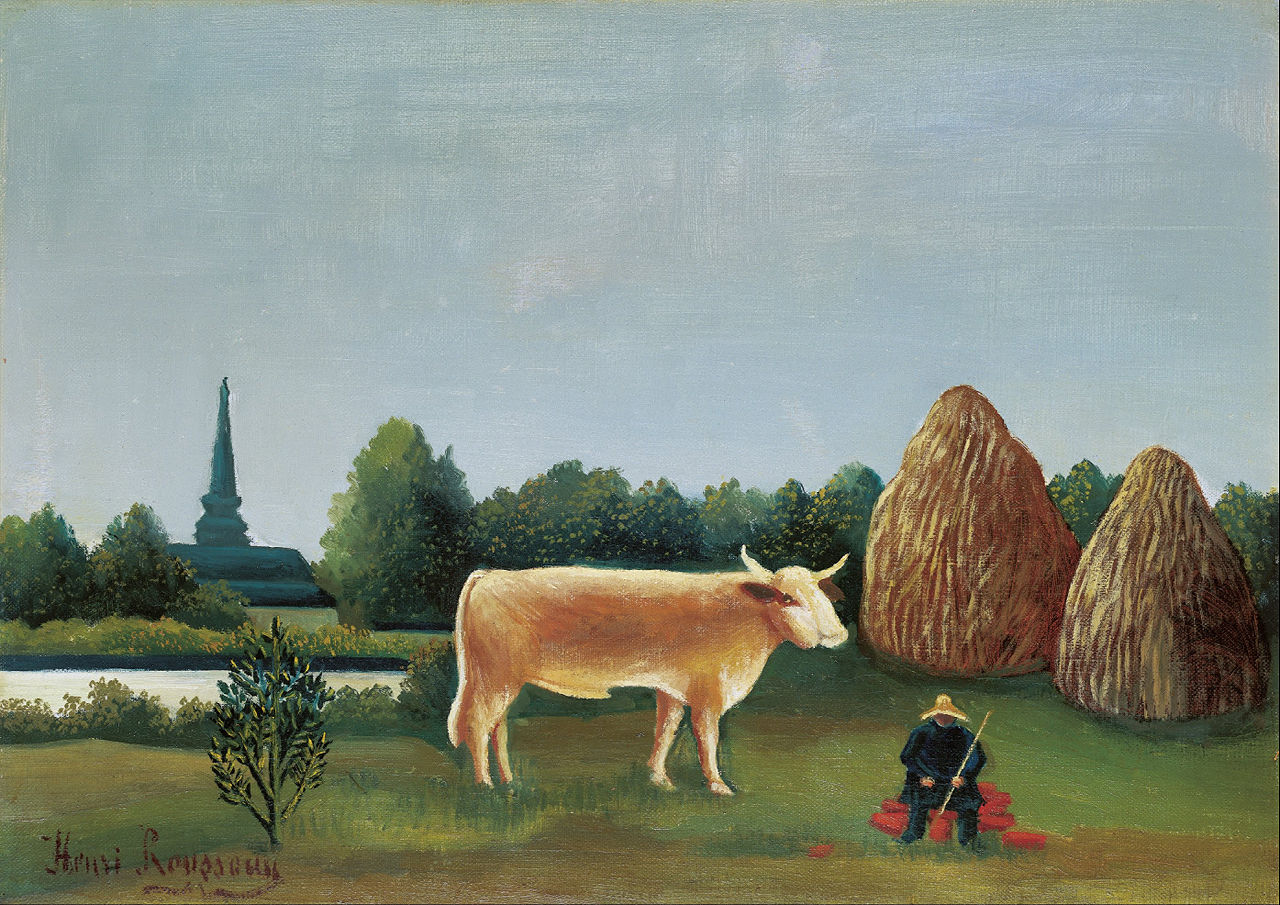Nine major Chinese automakers,sex with sleeping woman videos including BYD, SAIC, and NIO, have been allowed to proceed with a pilot program to test their production vehicles with medium-to-high levels of automation on public roads, according to a document jointly published by four central government departments on Tuesday. The initiative, launched in November by China’s top industry, public security, transport, and housing authorities, is aimed at facilitating the deployment of intelligent and connected vehicles and sustaining the drafting of subsequent rules, regulations, and national standards for access to such vehicles.
The nine companies are mostly state-owned manufacturers with some private EV makers also included, namely BAIC, BYD, Changan, FAW, GAC, NIO, SAIC, SAIC’s truck subsidiary Hongyan, as well as electric bus maker Yutong. They are now required to detail their proposed testing plans and safety evaluation methodology for autonomous vehicles as part of an application process for temporary permits to commercially operate their robocars with L3 and L4 self-driving functionality on select Chinese public roads. Some of the early movers with the technology, including Tesla, Xpeng Motors, and Huawei, did not join the program. [MIIT announcement, in Chinese, TechNode reporting]
(Editor: {typename type="name"/})
 Best robot vacuum deal: Get the Roborock Q5 Max for 53% off at Amazon
Best robot vacuum deal: Get the Roborock Q5 Max for 53% off at Amazon
 Pizza Complex Las Vegas: At the International Pizza Expo
Pizza Complex Las Vegas: At the International Pizza Expo
 Dream a Little Dream of Me: An Interview with Pénélope Bagieu
Dream a Little Dream of Me: An Interview with Pénélope Bagieu
 Mike Powell: Visiting a Fissure in the Arizona Desert
Mike Powell: Visiting a Fissure in the Arizona Desert
 President Trump says semiconductor tariffs are next
President Trump says semiconductor tariffs are next
UGREEN Nexode 25000mAh 200W power bank drops to $79.99 at Amazon
 SAVE $50:As of April 2, UGREEN Nexode 25000mAh 200W power bank is available for $79.99 at Amazon. Th
...[Details]
SAVE $50:As of April 2, UGREEN Nexode 25000mAh 200W power bank is available for $79.99 at Amazon. Th
...[Details]
Whiting Awards 2017: Lisa Halliday, Fiction
 Lisa Halliday, FictionBy Whiting HonoreesMarch 22, 2017Whiting Awards 2017Lisa Halliday. Photo by Vi
...[Details]
Lisa Halliday, FictionBy Whiting HonoreesMarch 22, 2017Whiting Awards 2017Lisa Halliday. Photo by Vi
...[Details]
The Life of Paper: New Art by Austin Thomas
 The Life of PaperBy Dan PiepenbringMarch 14, 2017LookAustin Thomas has an exhibition of new drawings
...[Details]
The Life of PaperBy Dan PiepenbringMarch 14, 2017LookAustin Thomas has an exhibition of new drawings
...[Details]
Reimagining Elena Ferrante’s “My Brilliant Friend” As a Building
 Elena Ferrante, My Brilliant FriendBy Matteo PericoliApril 17, 2017Literary ArchitectureMatteo Peric
...[Details]
Elena Ferrante, My Brilliant FriendBy Matteo PericoliApril 17, 2017Literary ArchitectureMatteo Peric
...[Details]
Samsung The Frame deal: Get up to 40% off at Samsung
 SAVE UP TO 40%: As of March 4, all sizes of the Samsung Frame TV are on sale with savings up to 40%
...[Details]
SAVE UP TO 40%: As of March 4, all sizes of the Samsung Frame TV are on sale with savings up to 40%
...[Details]
Remembering Robert Silvers, 1929–2017
 Robert Silvers, 1929–2017By Lorin SteinMarch 20, 2017In MemoriamRobert Silvers (left), with Prince S
...[Details]
Robert Silvers, 1929–2017By Lorin SteinMarch 20, 2017In MemoriamRobert Silvers (left), with Prince S
...[Details]
Watch Yourself: The Cows Are Out for Blood
 The Cows Will Kill You, and Other NewsBy Dan PiepenbringMarch 24, 2017On the ShelfHenri Rousseau, Sc
...[Details]
The Cows Will Kill You, and Other NewsBy Dan PiepenbringMarch 24, 2017On the ShelfHenri Rousseau, Sc
...[Details]
Why We Keep Looking for Lost Jungle Cities
 Jungle LoveBy Darrell HartmanApril 18, 2017Arts & CultureWhy we keep looking for lost jungle cit
...[Details]
Jungle LoveBy Darrell HartmanApril 18, 2017Arts & CultureWhy we keep looking for lost jungle cit
...[Details]
Nvidia RTX 5070: Where to buy and is it worth the upgrade?
 WHERE TO BUY: The Nvidia GeForce RTX 5070 launches on March 5 with a starting price of $549. It will
...[Details]
WHERE TO BUY: The Nvidia GeForce RTX 5070 launches on March 5 with a starting price of $549. It will
...[Details]
Was Jane Austen Poisoned? Let’s Just Pretend…
 Arsenic and Old Austen, and Other NewsBy Dan PiepenbringMarch 13, 2017On the ShelfSort of looks like
...[Details]
Arsenic and Old Austen, and Other NewsBy Dan PiepenbringMarch 13, 2017On the ShelfSort of looks like
...[Details]
Trump's new tariff plan spares some smartphones, laptops

Whiting Awards 2017: Phillip B. Williams, Poetry

接受PR>=1、BR>=1,流量相当,内容相关类链接。